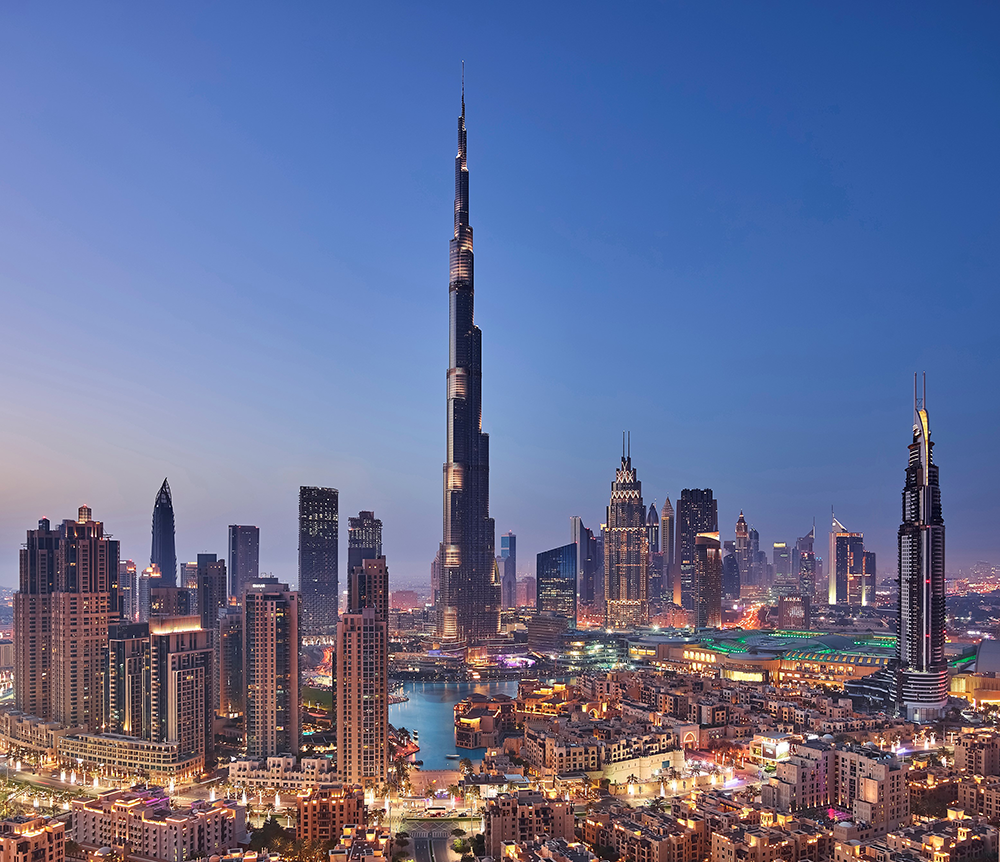Anita Lobo, named as IT Person of the Year at the 15th Hotelier Middle East Awards, talks to Intelligent CIO about how the latest technological trends are benefiting customers in the hospitality sector.
Anita Lobo is an award-winning IT expert who has built a strong reputation for creating a resilient environment that has the capabilities to deal with the requirements of the future as well as the demands of current customers.
She is the Cluster Manager at the Crowne Plaza and Holiday Inn, one of Kuwait’s most-popular destinations which is part of the InterContinental Hotels Group (IHG) which employs 10,000 people worldwide and operates 5,800 hotels.
Lobo’s contribution to technology has not gone unnoticed. At the 15th Hotelier Middle East Awards she was named IT Person of the Year in recognition of her work in the hospitality sector and her ability to utilise new technology for the benefit of hotel guests.
In an exclusive interview with Intelligent CIO she discusses how current IT trends are impacting on the hospitality sector as it strives to adopt to the ever-changing demands of customers.

What IT trends are currently influencing the hospitality sector? What technologies are hotel operators looking at?
Our industry is extremely competitive. It is imperative to keep up with the latest trends, technological or otherwise, to deliver an excellent customer experience.
I think every industry is catering to the Millennials and so is ours. Though the current majority of our guests today are tech-savvy travellers, this demographic group are the early adopters of technology, who want personalised interactions, fast communication with easy check-in and great experience.
Social media channels are a key factor in this group choosing a hotel. There is no doubt that a millennial that has had a great experience at a hotel, would in return promote a business on these channels.
One of the interesting phrases that has come up associated with the Millennials is the ‘Bleisure’ traveller, wherein a traveller may initially visit a location and extend it to turn it to a holiday.
Other trends that are influencing the hospitality sectors would definitely be robots; some hotels have introduced a robot concierge service while others are entirely robot-staffed. It is a very interesting concept as these machines are often equipped with Artificial Intelligence. They can be used to carry out complex tasks and, of course, improve customer interactions.
For me, Virtual Reality is going to be the biggest game changer. The whole idea of using technology to digitally alter an entire surrounding, and using that technology as an experience to allow guest to have a digital version of their hotel rooms before booking, is simply mind blowing.
I think today operators are looking for a smart hotel having seamless connectivity across platforms and devices, e.g smart rooms which automatically adjust to brightness, temperatures etc. Another example would be mobile check-ins and digital concierge services.
What are the latest advances in technology that have enhanced experiences of your customers?
Today, with technology, bookings for rooms or any other hotel services can be done on mobile devices. A customer can compare price, product and name it on their devices – everything literally is at their fingertips on their smartphone devices. There are so many apps just available for them to help make choices.
Take for example, location-based technology. There are so many of us that use location-services, either driving or walking. Businesses are using it to attract customers at a geo-location with offers, which customers are getting on products and personalised services that enhance their travel and stay experiences.
Technology has made an impact on consumer travelling habits. Any business, not only hospitality, can reach customers using technology. They can instantly reply to their queries, instantly confirm a reservation, make payment on-line etc. I cannot think of a business that does not come with an app of its own.
How have you been able to utilise technology to improve customer services?
The most important role of technology is that it increases the speed of customer interactions. It makes personable services effective. Take for example, data analytics which are so important nowadays. How else would we know about our customer’s behaviours and preferences?
We would want them to keep coming back to us by knowing what their expectations are, understanding their problems so we could resolve them quickly and provide tailor-made services. This way we ensure we build a loyal customer base and improve revenue.
Social media is another way to improve customer services. It is one of the greatest inventions today. It’s fast, transparent, simple and the most cost-effective way that we can communicate with our customers, be it through blogs, post or Twitter. The best part is that communication channels are open 24/7 without any middle-men.
How have the technology requirements of your customers changed over the last few years?
With technology, our Industry is also changing. From Baby Boomers to the current Millennials, the use of technology differs with each generation. With the advent of technology, many activities that were earlier performed by humans have been replaced by technology.
Take the simple example of hotel check-in. Some hotels today have already adopted kiosk and mobile check-ins and done away with reception desks. They no longer have to wait in queue for a check-in or even get a room key which is replaced with a mobile key. Even payments are done automatically using e-commerce.
In a hotel room, a guest can control the temperature, lighting and TV through a mobile app now. Some hotel rooms are also equipped with voice- activated requests for room services. Providing environmently-friendly services is another area that all businesses including ours are focusing on, besides mobile keys and replacing papers for e-newspapers.
Recently I saw a video in a hotel which showcased a robot which actually prepared an entire meal from a choice of sauces to spicy tolerance all at the push of a button.
In fact, at the Horeca event held in Kuwait, one of the stalls was showcasing concierge and housekeeping bots. They are already making an entry in this part of the world.
What are the main technological challenges in the hospitality industry?
In today’s competitive world, our customers have several alternatives. Keeping customer retention and loyalty can be a challenge. It is important to us to have a loyal customer base. Then there are the ever-changing technologies that are costly. Deployment of these technologies frequently is not really possible due to cost factors. An efficient hotel technology must be fast and acknowledge any guest request instantly. For a seamless guest experience, responsiveness in technology is also critical.
With the hospitality sector facing up to an increase in cyberattacks how can cybersecurity be ensured?
Hotel infrastructure must be equipped to secure guest devices and IoT devices accessing hotel networks. Strong policing and protocols should be adopted. All digital interactions with guests must be reinforced with security and privacy rules. Customer data should be protected in the most secure way possible.
Click below to share this article

